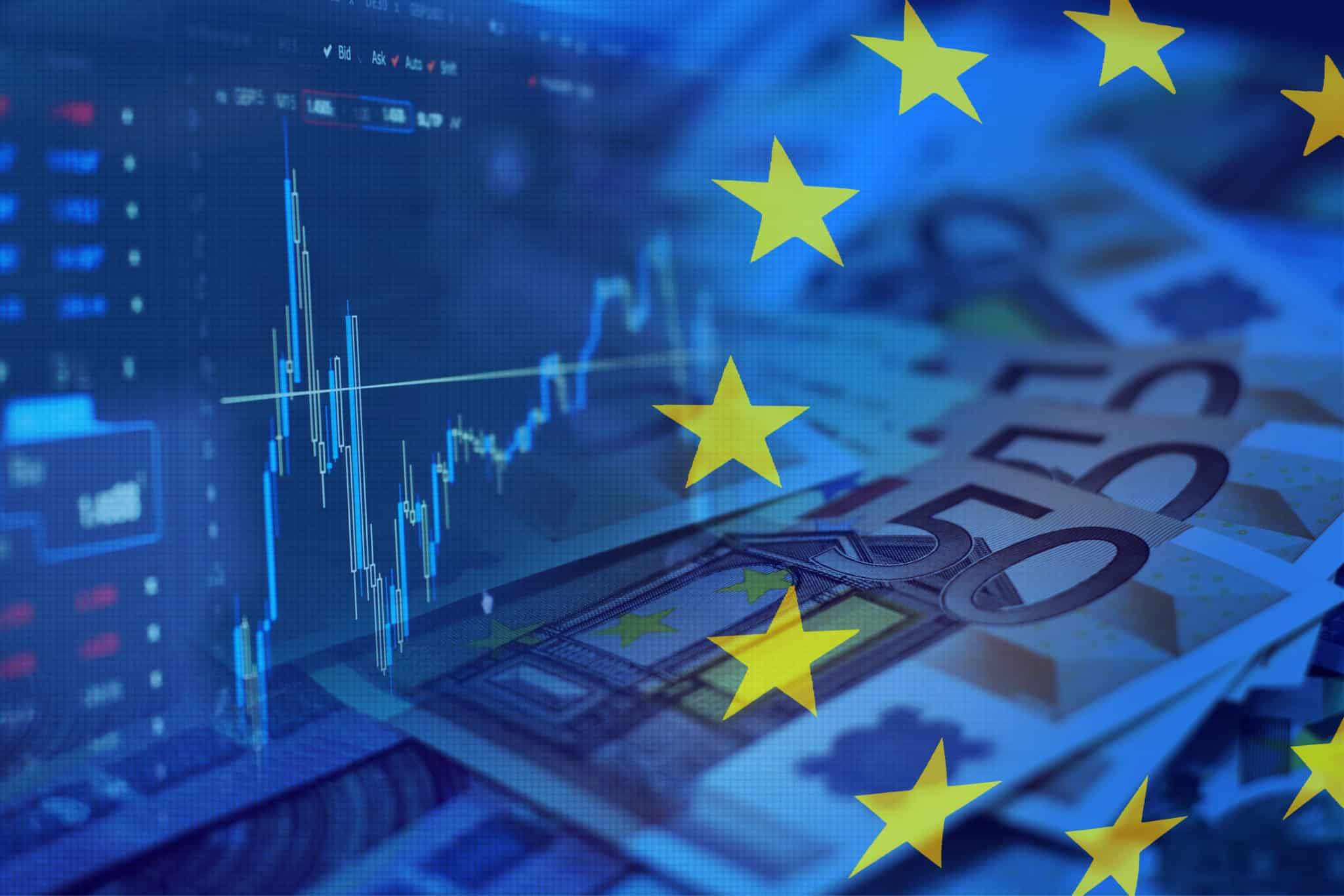Eurozone gross domestic product grew by 0.1%
The eurozone economy grew by a marginal 0.12% in the first months of the year, even as German GDP shrank.
The economy’s growth rate rose 1.34% year-on-year, just missing the 1.42% outlook.
Earlier this month, statistics agency Eurostat revised its fourth-quarter 2022 GDP estimate for the eurozone to no quarterly growth of 0.12%, after a 0.42% rise in the third quarter.
The slight increase in activity during the first quarter suggests that economic indicators, despite the lingering effect of high inflation, are pointing in a positive direction. Energy costs have been a major influencing factor over the past twelve months. Due to Moscow’s war in Ukraine, European consumers have gradually lost access to Russian supplies.
The global macro head at the Dutch bank ING stated that due to the fall of wholesale energy prices, warmer-than-anticipated weather, and fiscal stimulus, the bloc could avoid the recession, which had been widely anticipated to happen this winter.
Europe’s leading economies differed in their first-quarter data; national figures showed on Friday.
European economies react
The German economy experienced a pause in January-March compared to the previous three-month period. It advanced 0.2% on an annual adjusted basis. It declined 0.1% on an unadjusted basis due to one additional business day from the prior year.
Economists declared that Germany had evaded a technical depression and repeated their demand for a 0% expansion in GDP this year. The economy was held back by high inflation and an expected recession in the second half of the US.
Insee’s statistics revealed that France’s GDP increased by 0.22% during the year’s initial quarter. However, the widespread strikes protesting President Emmanuel Macron’s proposed pension reforms hampered business activities.
Ireland’s GDP was significantly low, declining 2.72% compared to the preceding quarter, while Portugal’s economy increased by 1.64%.
Some ECB policymakers have indicated they need to keep raising interest rates further as they weigh a 25 or 50 basis point hike next week. The collapse of banks in the US and Europe raised questions about whether central banks would be forced to slow or stop raising their interest rates.
The post Eurozone gross domestic product grew by 0.1% appeared first on FinanceBrokerage.
























